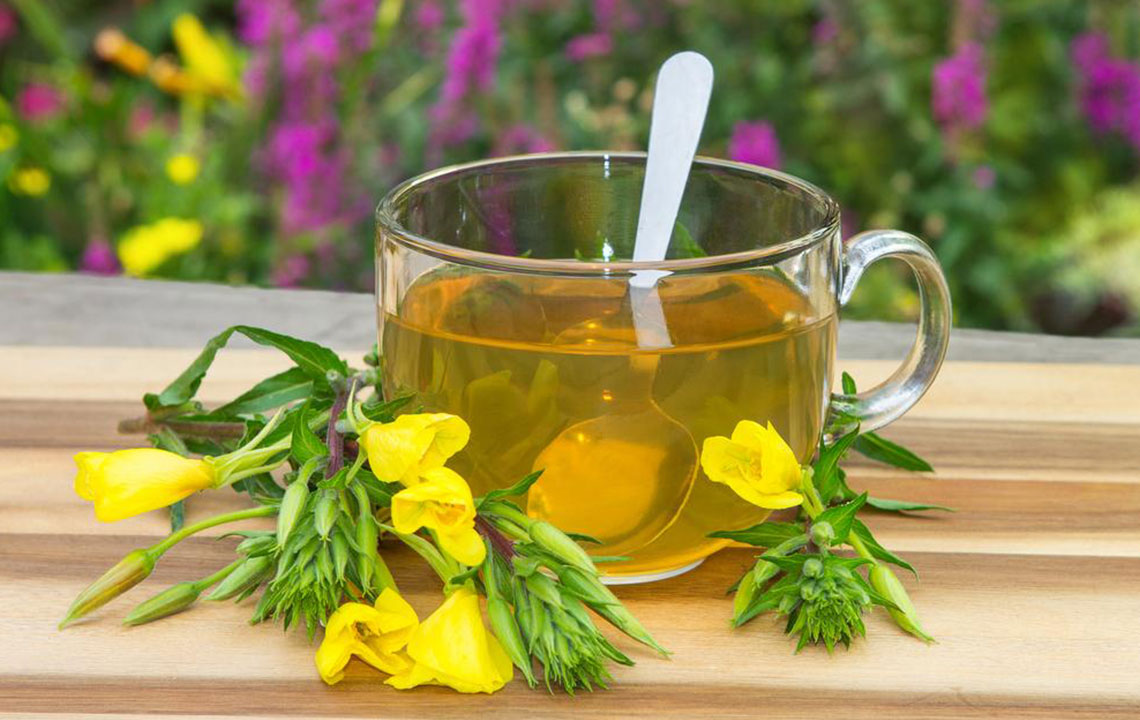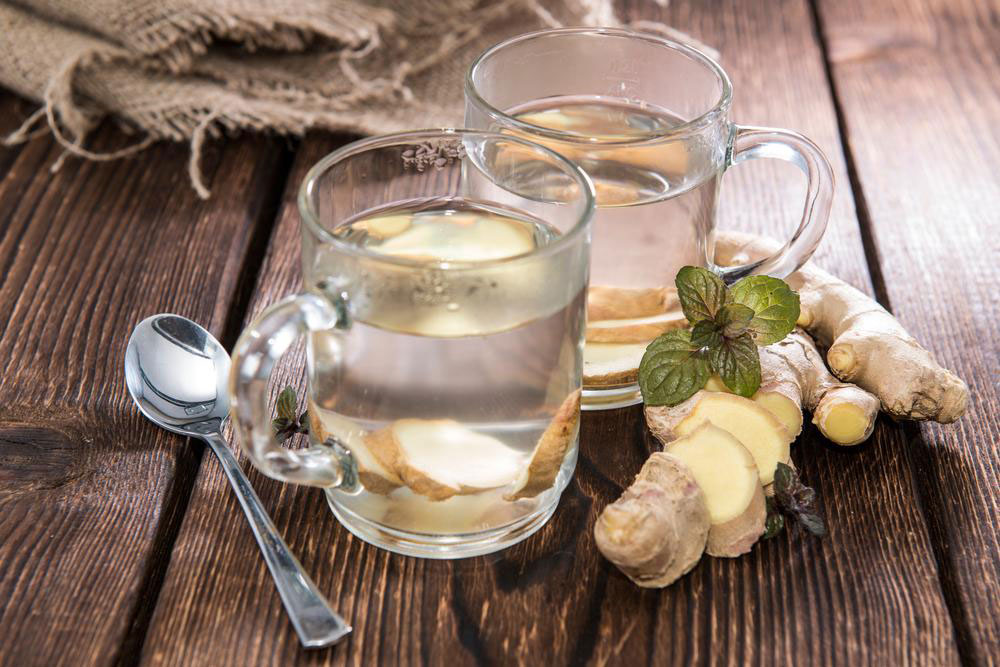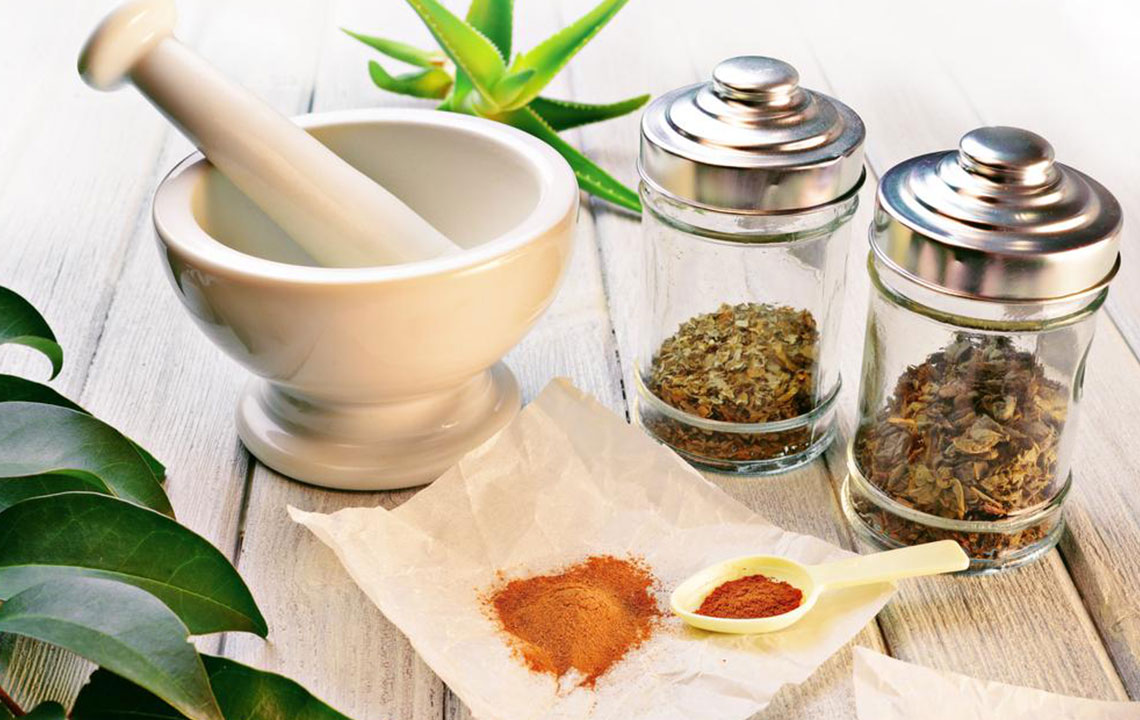Comprehensive Natural Strategies for Allergic Symptom Relief
Explore comprehensive natural remedies for allergy relief, including herbs, supplements, and techniques that offer safe, long-term management of allergy symptoms. This detailed guide covers the benefits, uses, and precautions of herbal solutions like butterbur, neti irrigation, apple cider vinegar, quercetin, local honey, frankincense oil, stinging nettle, and probiotics. Perfect for allergy sufferers seeking natural options, these methods support immune health and reduce dependency on medications. Learn how to implement these remedies responsibly for effective, holistic allergy relief.

Comprehensive Natural Strategies for Allergic Symptom Relief
Allergic reactions are a common health concern affecting millions around the globe. These reactions are especially prevalent during changes in seasons when pollen, dust, pet dander, and other environmental allergens become more prevalent. Many individuals rely on over-the-counter or prescription medications to manage allergy symptoms, but these options can sometimes come with unwanted side effects, including drowsiness, dependency, or other adverse reactions. For those seeking more gentle, natural alternatives, various herbal remedies and holistic techniques have been used for centuries to mitigate allergy symptoms and improve quality of life. When used responsibly and consistently, these natural solutions can offer sustainable relief and support overall immune health.
Butterbur: Nature’s Antihistamine
Butterbur, derived from the Petasites hybridus plant, has gained recognition for its potent anti-inflammatory and antihistamine properties. The active compounds in butterbur extracts, particularly Ze 339, are known to inhibit leukotriene activity, which plays a significant role in allergic responses. By reducing leukotriene production, butterbur can help alleviate nasal congestion, sneezing, and itchy eyes. Notably, some tested formulations of butterbur are free from pyrrolizidine alkaloids, ensuring safety for long-term use. Many allergy sufferers find that incorporating butterbur supplements into their daily routine before allergy season can significantly diminish symptom severity without the sedative effects associated with traditional antihistamines.
Neti Pot: Nasal Irrigation for Immediate Relief
One of the oldest and most effective natural methods for clearing nasal passages involves using a neti pot. This simple device allows for nasal irrigation, which helps remove allergens, mucus, and irritants from the sinuses. To use a neti pot safely, it is essential to employ sterile, distilled, or previously boiled water mixed with a saline solution—either commercial pre-mixed or homemade with sea salt. Regular nasal rinsing can prevent the build-up of allergens, reduce sinus infections, and improve breathing during allergy seasons. When used correctly, neti pot therapy provides quick relief and enhances overall sinus health, making it a vital component of natural allergy management.
Apple Cider Vinegar: Natural Detox and Decongestant
Raw, unfiltered apple cider vinegar containing the 'Mother' is rich in enzymes and beneficial bacteria that support immune function. Adding a teaspoon of raw apple cider vinegar to a glass of water with lemon each morning can help detoxify the body and support nasal decongestion. Additionally, incorporating apple cider vinegar into a neti solution can enhance sinus drainage, further reducing allergy symptoms. Its alkalizing properties may also balance pH levels, which is thought to reduce excessive mucus production during allergy episodes. While effective for many, individual response varies, and it’s advisable to start with small doses to monitor tolerance.
Quercetin: The Nature’s Histamine Blocker
Quercetin is a naturally occurring bioflavonoid prevalent in foods such as apples, berries, tea, and red wine. Recognized for its ability to modulate histamine release, quercetin acts as a natural antihistamine that can diminish allergy symptoms like sneezing, runny nose, and watery eyes. Long-term supplementation with quercetin before allergy season has shown promising results in reducing airway hyperreactivity and strengthening immune defenses. Additionally, quercetin’s anti-inflammatory effects may help decrease overall allergy severity. To maximize benefits, many individuals incorporate quercetin-rich foods into their diet or take standardized supplements as part of their allergy relief regimen.
Local Honey: Building Natural Immunity
Consuming raw, locally produced honey is based on the idea that it introduces small amounts of regional pollen into the body, thereby gradually building tolerance. Studies have suggested that daily intake of local honey before pollen season can significantly reduce allergy symptoms—sometimes by up to 60%! Regular consumption over time may stimulate the immune system to become less reactive to local allergens, providing a natural form of desensitization. For best results, choose honey from trusted local sources and incorporate it into teas or spread on bread. While not a guaranteed cure, many allergy sufferers find that local honey can be an effective part of their holistic approach.
Frankincense Oil: Immune-Boosting Essential Oil
Frankincense, derived from the Boswellia tree, has been revered for centuries for its immune-enhancing and anti-inflammatory properties. Applying diluted frankincense oil behind the ears, on the chest, or diffusing it in indoor environments can support immune function and soothe allergy-related symptoms. Its active compounds stimulate antibody production and reduce inflammation in the mucous membranes. Regular use, especially during allergy season, can help bolster the body’s defenses and alleviate symptoms such as congestion and nasal irritations. As with all essential oils, proper dilution and caution are necessary, particularly for sensitive skin or pregnant women.
Stinging Nettle: An Ancient Anti-Inflammatory Remedy
Historically used since medieval times, stinging nettle stands out as a potent natural anti-inflammatory and antihistamine remedy. When prepared as a tea or supplement, nettle can ease symptoms of hay fever, reduce joint pains, urinary infections, and prostate issues. Its antihistamine effects help control allergic responses, especially if started prior to the onset of allergy season. Modern clinical studies support nettle's efficacy in allergy management, showing it can decrease congestion and nasal symptoms. Incorporating fresh or dried nettle into your diet or taking standardized supplements can provide a safe, holistic way to manage allergy symptoms over time.
Probiotics: Supporting Immune Balance
The health of the gut microbiome plays a pivotal role in overall immune function. Probiotic supplements containing beneficial bacteria like Lactobacillus and Bifidobacterium strains can help modulate immune responses and reduce hypersensitivity to allergens. Research indicates that pregnant women taking probiotics not only benefit their own health but also help their children develop stronger immune systems that are less prone to allergies. Regular consumption of probiotic-rich foods or supplements can promote a balanced gut flora, which is essential for preventing overactive immune responses associated with allergies.
When opting for natural allergy remedies, it is essential to understand potential risks and interactions with current medications or health conditions. Always consult with a healthcare professional before initiating new supplements or herbal treatments, especially if pregnant, nursing, or managing chronic illnesses. With proper guidance and consistent use, these natural strategies can provide a safe, effective, and sustainable approach to managing allergy symptoms, ultimately improving quality of life and supporting overall health.





